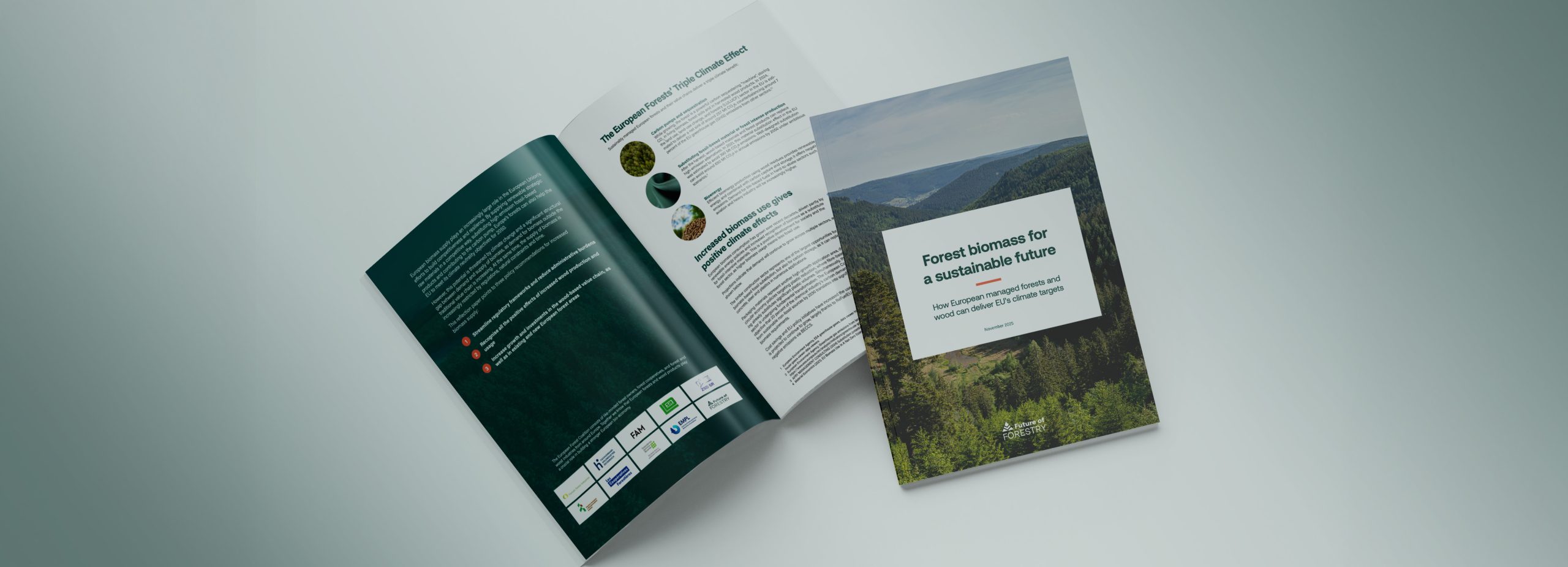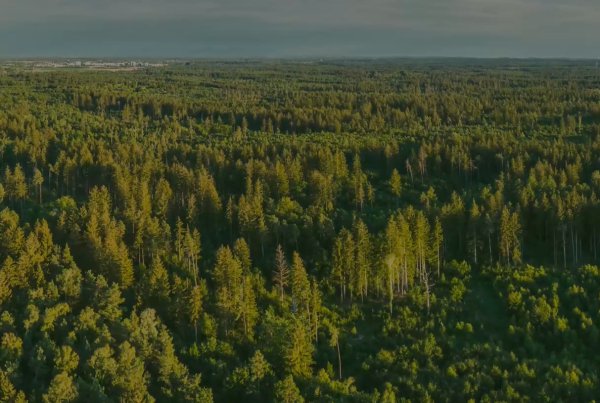As the EU navigates a volatile global landscape, forest biomass has emerged as a strategic lever for Europe, strengthening climate resilience while boosting industrial competitiveness and energy security. By supplying renewable strategic raw materials, substituting high-emission fossil-based products and contributing to the carbon cycle, European forests play a key role in delivering the EU’s 2050 climate neutrality goals.
Yet this potential is increasingly at risk. Climate change, regulatory complexity and a growing mismatch between biomass supply and demand, especially beyond traditional value chains, are creating structural bottlenecks. Without targeted policy action, Europe may fall short on both its climate ambitions and its bioeconomic potential.
To address this, Future of Forestry has published a new policy paper that outlines three key recommendations to secure and scale up the supply of sustainable biomass in Europe:

With the right policies in place, substituting fossil-based materials with wood-based alternatives could help the EU avoid up to 650 million tonnes of CO₂ emissions annually by 2050. As Europe seeks to strengthen its energy security, climate performance and industrial competitiveness, forests and wood-based solutions are no longer optional – they are essential pillars of a competitive, resilient, and climate-neutral European economy.
Read the policy paper
Forest biomass for a sustainable future.





